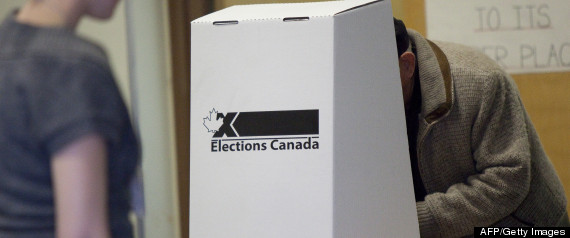Dr. Heinz Loewy was not your classic Holocaust survivor. He did not go through any of the camps, and so did not have a number tattooed on his arm. He was a refugee, and he was my father. It seems to me that he lived most of his life as a refugee, even though he would have vehemently denied it. He lived in Israel for 60 years, but never arrived here, not really.
It's true that on Independence Day he made sure to take out the folded flag and hang it on the balcony. It's true that he had a good life here. But looking back, it seems to me that he never really found his place here. It wasn't that he was trying to relive the Europe he had left behind but it's doubtful that he found a replacement for it here. He stored his suits and ties in the closet, his Bermuda shorts replacing them in the hot summer. He also left behind the Latin he had learned, save for one proverb that he would repeat to us. Even his doctorate in law from the University of Prague was unused here.
When he arrived here, alone, after being flung about at sea for a couple of long months on an illegal immigrant ship and being jailed in Beirut, he was forced to become a door-to-door salesman, going by bicycle from house to house in Herzliya, offering the Central European pastries that he made in the bakery he owned with his sister. He looked good, baked well, and had a doctorate to boot, but surely that life was not the life he'd dreamed of as a youth.
Today, as we remember the Holocaust, we must also remember those who may not have experienced all its horrors but still had their lives changed beyond recognition, or even destroyed. The Holocaust led to the establishment of the State of Israel and the ingathering of a great many survivors to it, but not all of them felt at home. They were doomed to a life of exile in their new homeland. My father was one of them.


























